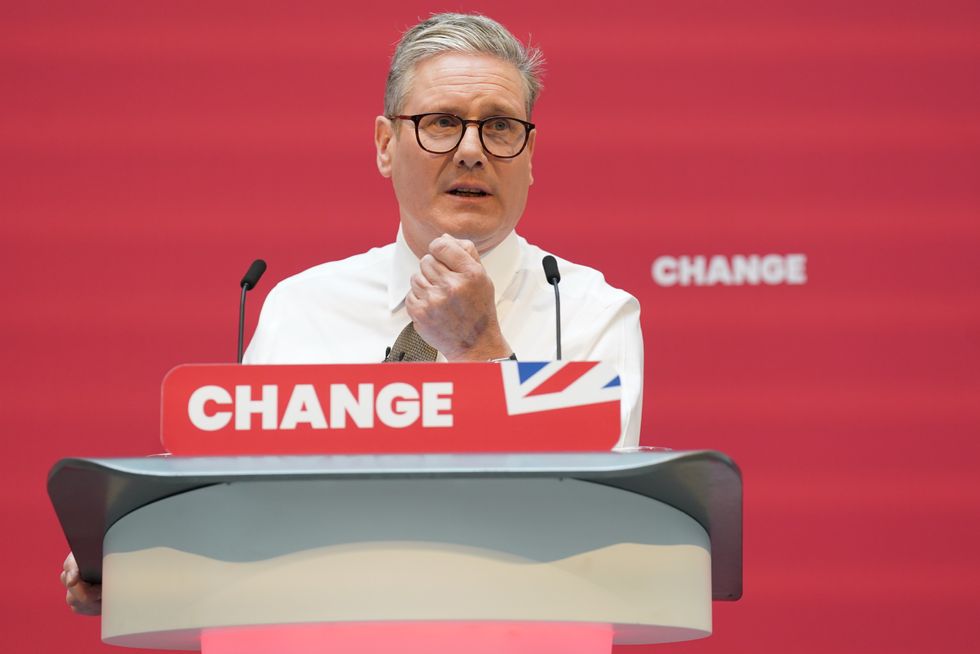The prediction follows the recent jumps in energy future contracts
GETTY
The prediction follows the recent jumps in energy futures contracts
Don't Miss
Most Read
Trending on GB News
Households could be hit with an increase of £190 to their energy bills as the Ukraine war continues, economists warn.
As Ukraine struggle in the war against Russia, the energy price cap could jump more than expected in October.
Columbia Threadneedle Investments, an asset manager has forecased that the energy price cap will jump from its current level of £1,568 to £1,762 in October.
This would see the average family in the UK paying an extra £194 a year.
The prediction is based on recent jumps in energy futures contracts, which Steven Bell, Columbia’s chief economist said in part reflects the fact that “Ukraine is losing the war”.
Bell explained there are fears that the storage and transhipment facilities [storage warehouses] in Ukraine of gas are going to come under threat, despite it being the largest underground gas storage facility in Europe.
 Ukraine was invaded by Russia in 2022PA
Ukraine was invaded by Russia in 2022PAEven with the storage facilities facilitating 31 billion cubic metres of gas, Bell said concerns about their safety had helped trigger “quite a big move in a few weeks”.
These concerns have shifted the investor’s assessment of the price cap from below £1,500 to £1,762.
The economist added: “That may not seem like a big increase, but it is 19pc higher than seemed likely a few weeks ago, and 12pc higher than the one we’re currently in.
"If you are looking for one reason why Rishi Sunak surprised us all by calling an early election instead of November, I think this is it.”
Prior to Russia’s full-scale invasion of Ukraine in February 2022, there was an increase in demand for oil and gas as economies around the world came out of lockdown.
Supply did not keep pace with the higher demand for various reasons so increased gas prices fed through to increased electricity prices.
The Russian invasion of Ukraine in 2022 caused oil and gas prices to jump due to concerns about disruption to supply.
There was a spike in prices during early December 2022, but prices fell back in early 2023 and have remained at levels well below their 2022 peak, but still above their pre ‘energy crisis’ levels.
The new Labour Government has committed to greener and cheaper energy over the next four years. Labour has pledged to cut energy bills by £300 per household from 2030 and create 650,000 new jobs.
GB Energy will be a new, publicly-owned energy production company which will own, manage and operate clean power projects in the UK - with headquarters in Scotland.
The company is to be backed by £8.3billion over the course of this parliament.

Kier Starmer believes this local power generation will achieve energy independence, create new jobs, save money for households
PAPrime Minister, Kier Starmer believes this local power generation will achieve energy independence, create new jobs, save money for households and tackle climate change.
Matthew Paterson, professor of international politics and director of the Sustainable Consumption Institute at Manchester University, warned GB Energy will take “a long time to establish – probably the whole life of the parliament”.
He said the plan, as set out in King’s Speech last week, will face significant timing challenges and this “doesn’t align with the urgent need to accelerate clean energy development”.







